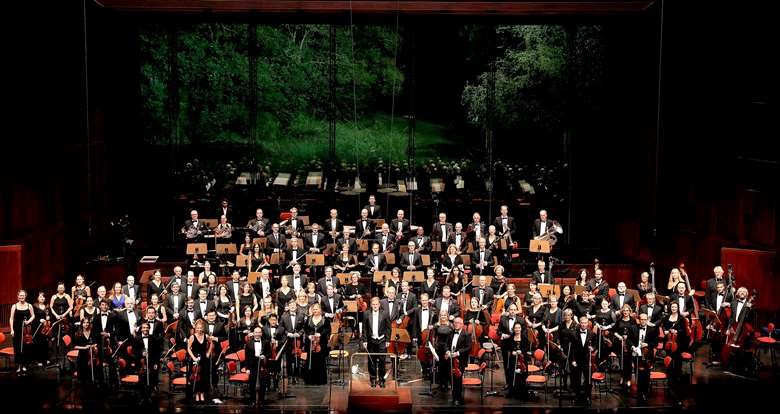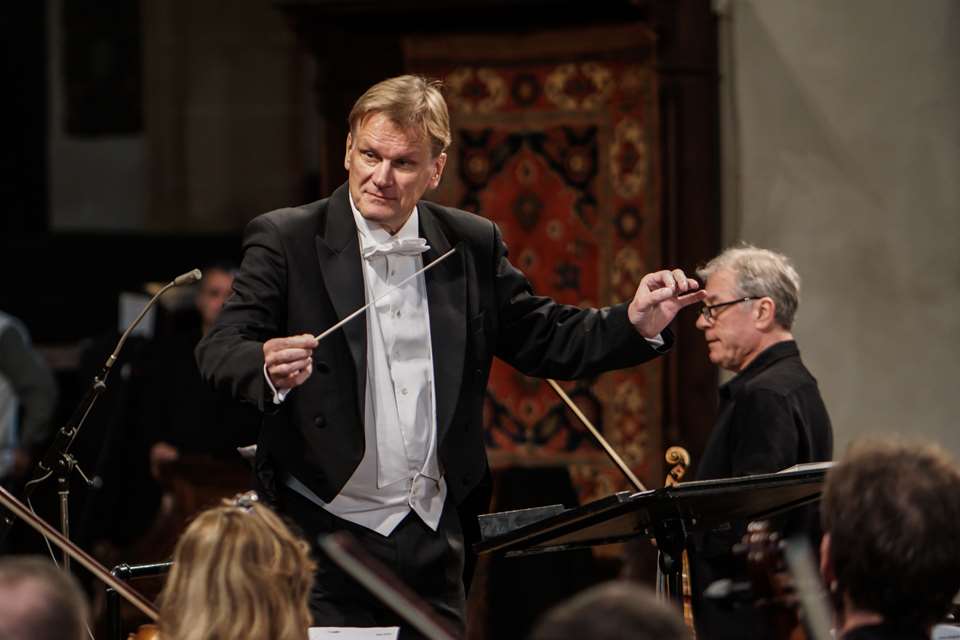'There’s a strong similarity between working in an operating theatre and playing in an orchestra': revisiting the World Doctors Orchestra
Jon Tolansky
Monday, September 20, 2021
Jon Tolansky catches up with the World Doctors Orchestra as they prepare to perform at the Barbican Centre on 4 October.

© Arlindo Homem

Register now to continue reading
Don’t miss out on our dedicated coverage of the classical music world. Register today to enjoy the following benefits:
- Unlimited access to news pages
- Free weekly email newsletter
- Free access to two subscriber-only articles per month
